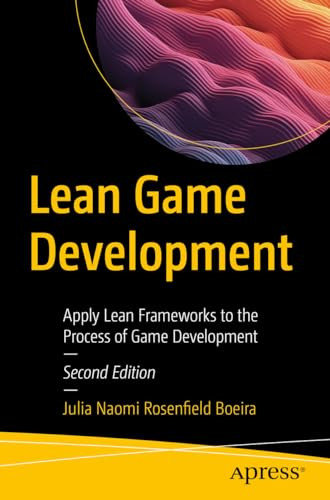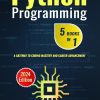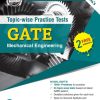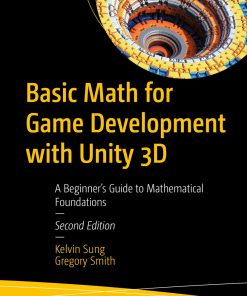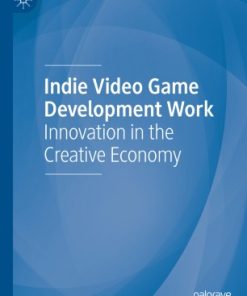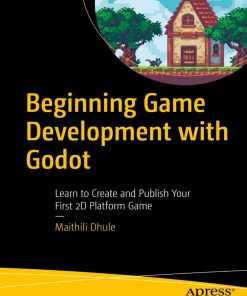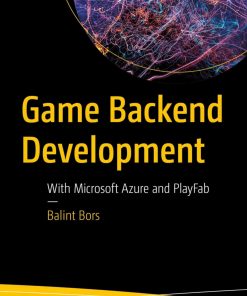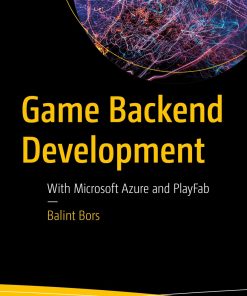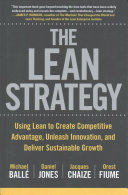Lean Game Development: Apply Lean Frameworks to the Process of Game Development 2nd Edition Julia Naomi Rosenfield Boeira
$50.00 Original price was: $50.00.$25.00Current price is: $25.00.
Lean Game Development: Apply Lean Frameworks to the Process of Game Development – Ebook Instant Download/Delivery ISBN(s): 9781484298428,148429842X,9781484298435, 1484298438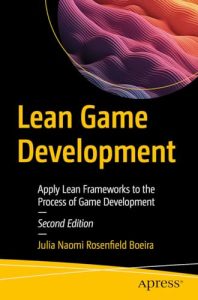
Product details:
- ISBN 10: 1484298438
- ISBN 13: 9781484298435
- Author: Julia Naomi Rosenfield Boeira
Master Lean UX and Lean Startup techniques to improve your agile game development experience beyond Scrum. This updated version of the book focuses on applying lean and agile methodologies to the game development process and features improved examples, applied techniques, and a whole new section explaining how to test a game in Unity with CI. You’ll see how to define a minimum viable product (MVP) for games with Lean Canvas, allowing customers to iterate over it and collect feedback for improvement at every cycle. All of these are achieved while still using standard Agile techniques. The first part of the book explains the ideation process of a game and how lean methodologies allow developers, especially small studios, to avoid scope creep. Next, it it provides guidance on creating MVPs and using player feedback to iterate and improve games. The book then discusses continual improvement (CI) methods. A crucial part of CI is generation of Lean Canvas. LeanGame Development, Second Edition shows you how to iterate until you develop a game that satisfies developers, gamers, and your studio’s financial goals. What You’ll Learn Study lean and agile methodologies to enhance the game development process Find out how to improve the way game productions define value and iterate over it Apply development strategies to enrich the game development process Who This Book Is For People from all sectors of the gaming industry will find the book useful in planning their project in a more iterative way, unloading the management burden on the development process and collecting feedback to improve the game content as early as possible.
Table contents:
1. Introduction
2. First Steps with Lean
3. An Inception in Practice
4. MVPs: Do We Really Need Them?
5. MVPs in Practice
6. Generating Hypotheses
7. Test-Driven Development
8. Continuous Integration
9. The World Between Design and Build
10. Test, Code, Test
11. Measuring and Analyzing
12. Creating Ideas for Iterating
13. Consolidating Knowledge Before Expanding
14. More About Games
15. Automated Testing with Unity
16. Testing Gameplay
People also search:
beginner game development projects
clean architecture game development
how to clean game gear games
game development tips
how to learn game development
clean room development process
You may also like…
Fiction
Computers - Programming
Basic Math for Game Development with Unity 3D Kelvin Sung & Gregory Smith
Business & Economics
Indie Video Game Development Work: Innovation in the Creative Economy 1st Edition Alexander Styhre
Computers - Programming
Computers - Programming
Education Studies & Teaching - Educational Guidance & Counseling
Computers - Programming


